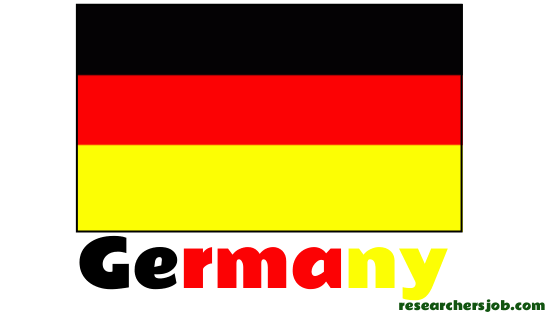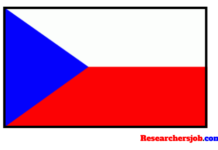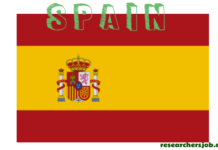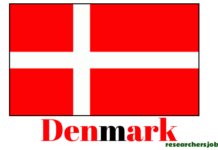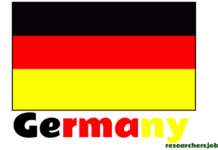PhD Position – Modeling Hydrogen: Forschungszentrum Jülich is offering a PhD position focusing on the modeling of hydrogen retention and release in plasma-exposed materials. This research supports laser-based fuel removal and diagnostic techniques for future fusion reactors. The successful candidate will work in an innovative, interdisciplinary environment at one of Europe’s largest research institutes, addressing a critical challenge in fusion energy technology.
PhD Position – Modeling Hydrogen Retention and Release in Plasma-Exposed Materials
Designation:
PhD Position: Modeling Hydrogen Retention and Release in Plasma-Exposed Materials
Research Area:
- Plasma-material interactions
- Fusion energy research
- Modeling hydrogen isotopes in plasma-exposed materials
- Laser-based diagnostic techniques for hydrogen retention and release
Location:
Forschungszentrum Jülich, Germany
Eligibility/Qualification:
| Criteria | Details |
|---|---|
| Degree Required | Master’s in Physics or a related field within the Natural Sciences |
| Skills | Foundation in mathematics and numerical methods |
| Programming | Proficiency in Python |
| Language | Strong command of English or German (written and spoken) |
| Experience (Desirable) | – Development of computational tools/simulations – Knowledge of plasma physics, surface physics, and material science – Understanding of laser-matter interactions and mass/energy transfer processes – Use of Wolfram Mathematica for computations and visualization |
Description:
- This project focuses on understanding and controlling tritium retention in plasma-exposed materials for fusion reactors.
- The position involves developing and validating computational models for hydrogen desorption and laser-induced ablation.
- Responsibilities include:
- Parameterizing models for hydrogen desorption simulation.
- Conducting simulations, data analysis, and visualization.
- Validating models using laboratory experiments such as Thermal Desorption Spectroscopy (TDS) and Laser-Induced Desorption (LID-QMS).
- Refining and optimizing models to enhance predictive accuracy and quantify uncertainties.
- Supporting tritium diffusion barrier development through simulations.
- Presenting research findings in peer-reviewed journals and at international conferences.
- Engaging in interdisciplinary collaboration with teams at Forschungszentrum Jülich.
How to Apply:
- Submit your application through the official application portal of Forschungszentrum Jülich.
- Applications sent via email will not be accepted for technical reasons.
- For further queries, refer to their FAQs or submit questions through the contact form provided on their website.
Important Notes:
- The position is open until successfully filled. Early applications are strongly encouraged.
- Pay aligns with 75% of pay group 13 of the Collective Agreement for the Public Service (TVöD-Bund). Additional remuneration, including a Christmas bonus (60% of monthly salary), may apply.
Benefits:
- Opportunity to work with a highly motivated and interdisciplinary team.
- Comprehensive training, career development support, and structured programs through Jülich’s Doctoral Research Center (JuDocS).
- Family-friendly workplace policies with flexible remote work options.
- 30 days of annual leave with additional days off between public holidays (e.g., Christmas).
- International advisory services for employees and access to a vibrant research campus.
Last Date for Apply:
This position remains open until successfully filled. Submit applications as soon as possible!
For further details, apply here.

